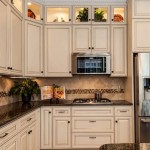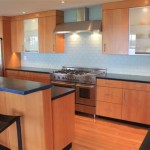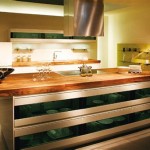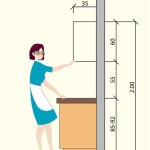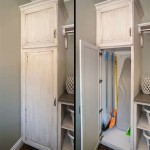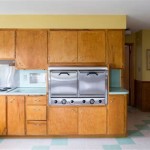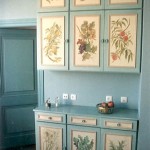Upper Kitchen Cabinets: A Comprehensive Guide to Style, Function, and Design
Introduction Upper kitchen cabinets play a crucial role in shaping the functionality and aesthetics of your kitchen. They provide ample storage space, define the space, and can enhance the overall ambiance of the room. This comprehensive guide will delve into the essential aspects of upper kitchen cabinets, exploring various styles, materials, design considerations, and tips to help you create a kitchen that meets your specific needs and preferences.
Cabinet Styles Upper kitchen cabinets come in a wide range of styles to complement different kitchen designs. Here are some popular options:
- Shaker: Classic and versatile, Shaker cabinets feature simple, recessed panels with a minimalist aesthetic.
- Raised Panel: Characterized by raised panels that create a traditional and elegant look.
- Flat Panel: Modern and sleek, flat panel cabinets offer a clean and seamless appearance.
- Glass Front: Showcase your dishes and glassware with glass front cabinets that add depth and style.
Materials Upper kitchen cabinets can be constructed from various materials, each with its unique advantages and drawbacks:
- Wood: Natural and durable, wood cabinets come in a variety of species, finishes, and grains to match any decor style.
- Laminate: A cost-effective and low-maintenance option, laminate cabinets offer a wide range of colors and finishes to suit any taste.
- Thermofoil: Similar to laminate, thermofoil cabinets are durable and water-resistant, making them ideal for kitchens with high moisture levels.
- Metal: Contemporary and industrial, metal cabinets add a unique touch to modern kitchens.
Design Considerations When planning your upper kitchen cabinets, consider these key design elements:
- Height: Determine the optimal height that allows for easy reach and visibility while ensuring sufficient space below.
- Depth: Standard cabinet depths range from 12 inches to 24 inches. Consider your storage needs and the size of your kitchen.
- Crown Molding: Add a touch of elegance and detail to your cabinets with crown molding that extends the height and frames the space.
- Lighting: Incorporate under-cabinet lighting to illuminate countertops and workspaces.
Functionality In addition to aesthetics, consider the functionality of your upper kitchen cabinets:
- Storage Options: Choose cabinets with built-in shelves, drawers, or organizers to maximize storage space and keep your kitchen clutter-free.
- Hardware: Select durable and stylish hardware such as hinges, handles, and knobs that complement the cabinet design.
- Organization Accessories: Incorporate pull-out shelves, spice racks, and pot lids to improve organization and accessibility.
Conclusion Upper kitchen cabinets are essential elements that contribute to the overall functionality and style of your kitchen. By carefully considering the factors discussed above, you can create a custom solution that meets your specific needs and preferences. Whether you opt for classic Shaker cabinets or modern flat panel options, the right upper kitchen cabinets will enhance the beauty, efficiency, and enjoyment of your culinary space.

How High Upper Cabinets Should Be From Your Floor And Countertop

How To Decide Between Upper Kitchen Cabinets Open Storage And More

10 Reasons I Removed My Upper Kitchen Cabinets The Inspired Room

Upper Cabinet Height For Kitchens Solved Bob Vila

The Pros And Cons Of Upper Kitchen Cabinets Open Shelves

How High Upper Cabinets Should Be From Your Floor And Countertop

Stylish And Functional Open Upper Kitchen Cabinets
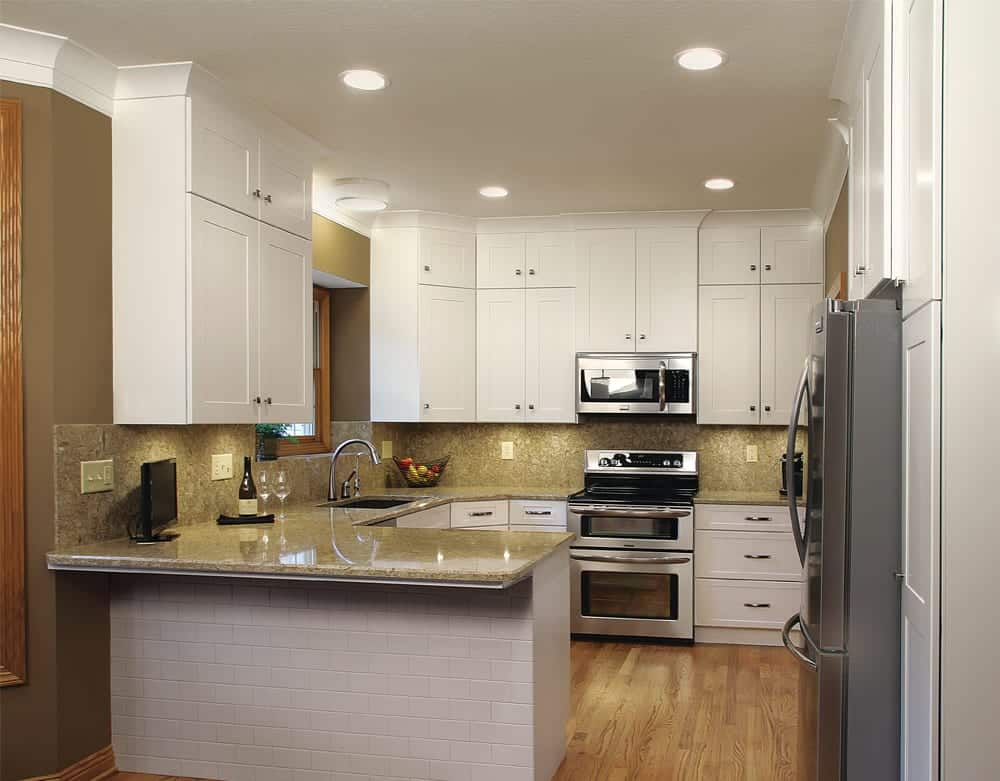
Extending Kitchen Cabinets To Ceiling American Wood Reface

How To Install Upper Cabinets Like A Pro Cabinetselect Com

How High Should You Hang Your Upper Kitchen Cabinets

